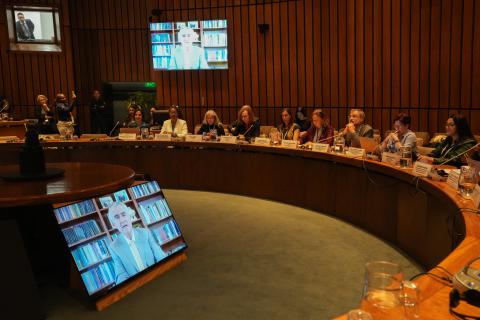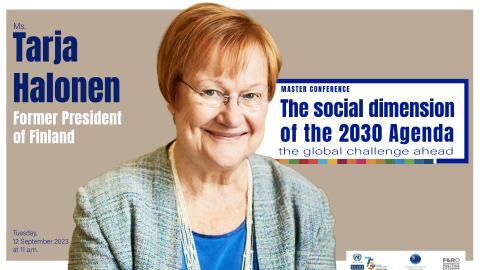News
Parity in the access to political decision-making spaces has been a difficult road for women. Today there are currently laws that provide a framework of accountability regarding their representation, but important obstacles exist. One of them is political harassment, which like other forms of violence against women, threatens the achievement of equality and women’s autonomy: without parity in the presence of women in decision-making spaces in all levels, it is not possible to talk about gender equality, nor the deepening of democracy.
Some expressions of political harassment to women are: the designation of unwinnable districts; the absence of material or human support and aggressions or threats during campaign periods; in the case of elected women, the designation to commissions or areas of low importance or with a low or null budget; discriminatory treatment from the media; a higher demand of accountability and intimidation, threats, physical violence against themselves or their families, including, in extreme cases, murder and sexual violence; amongst others.
The Governments of the region, as part of the discussion on parity and political autonomy, agreed in the X and XII Regional Conference on Women held in Quito (2007) and Santo Domingo (2013) respectively, to adopt legislative and institutional reforms to punish and eradicate political and administrative harassment against women who access decision-making positions via election or designation, both in national and local levels, and also in political parties and movements.
Presently, only four countries in the region are in the process of debating laws that fight political harassment and violence: Costa Rica, Ecuador, Mexico and Peru, while the Plurinational State of Bolivia is the only country in Latin America and the Caribbean that has passed a law, Law N° 243 of 2012, against political harassment and violence against women.
For more information see: ://www.cepal.org/cgi-bin/getProd.asp?xml=/oig/noticias/noticias/3/49723/P49723.xml&xsl=/oig/tpl/p1f.xsl&base=/oig/tpl/top-bottom.xslt
This and other relevant topics for the achievement of gender equality will be discussed in the XIII Regional Conference on Women in Latin America and the Caribbean, to be held in Montevideo, in 2016.
“Without gender equality, sustainable development is neither development nor sustainable”


